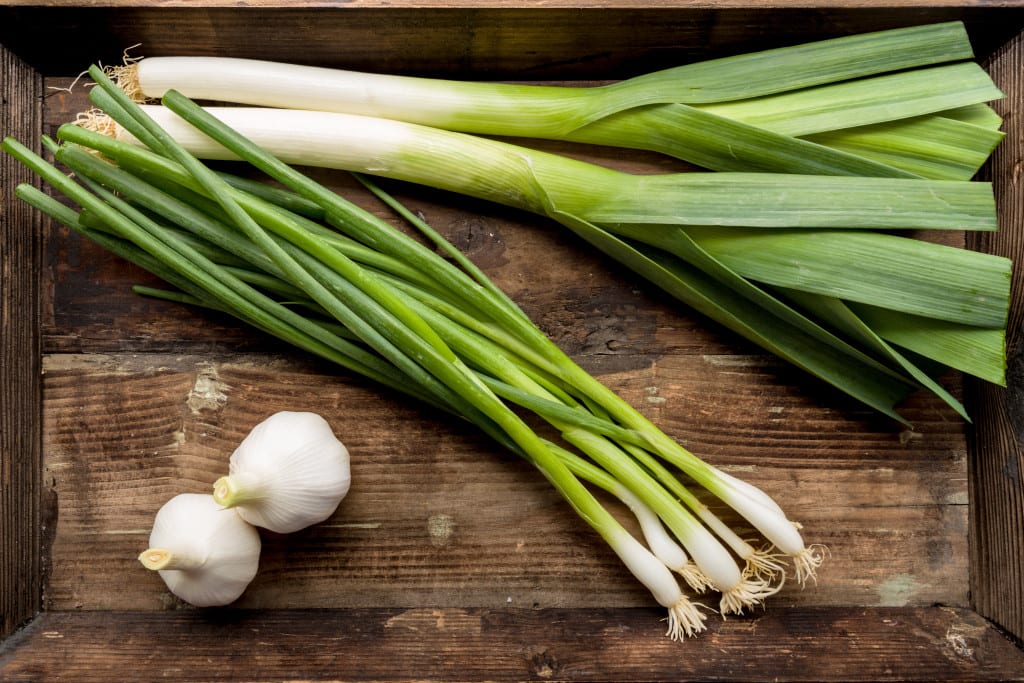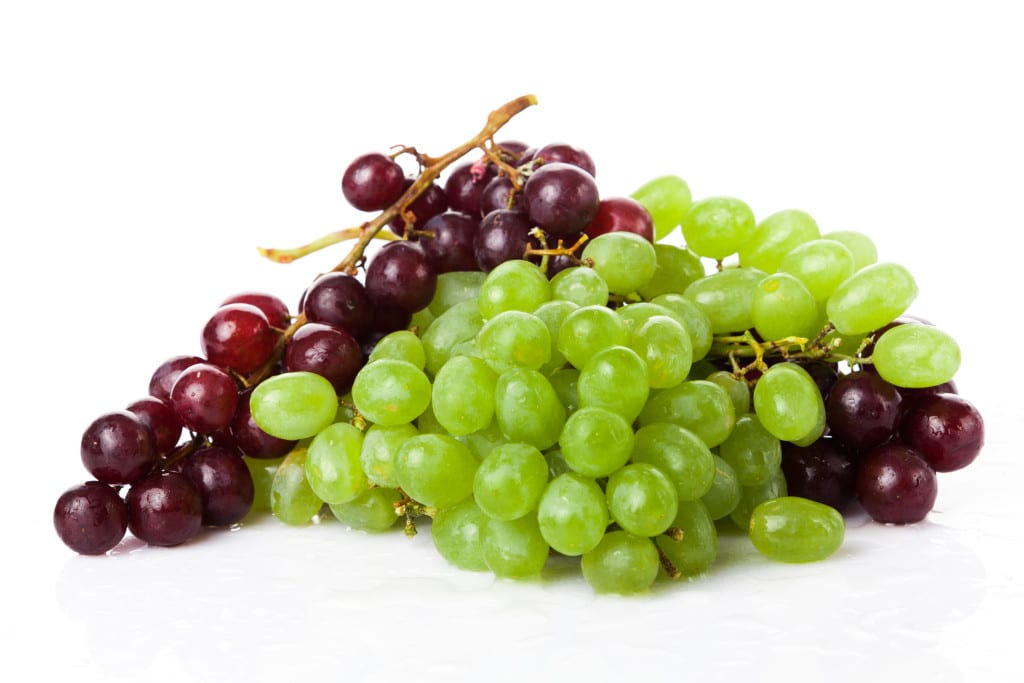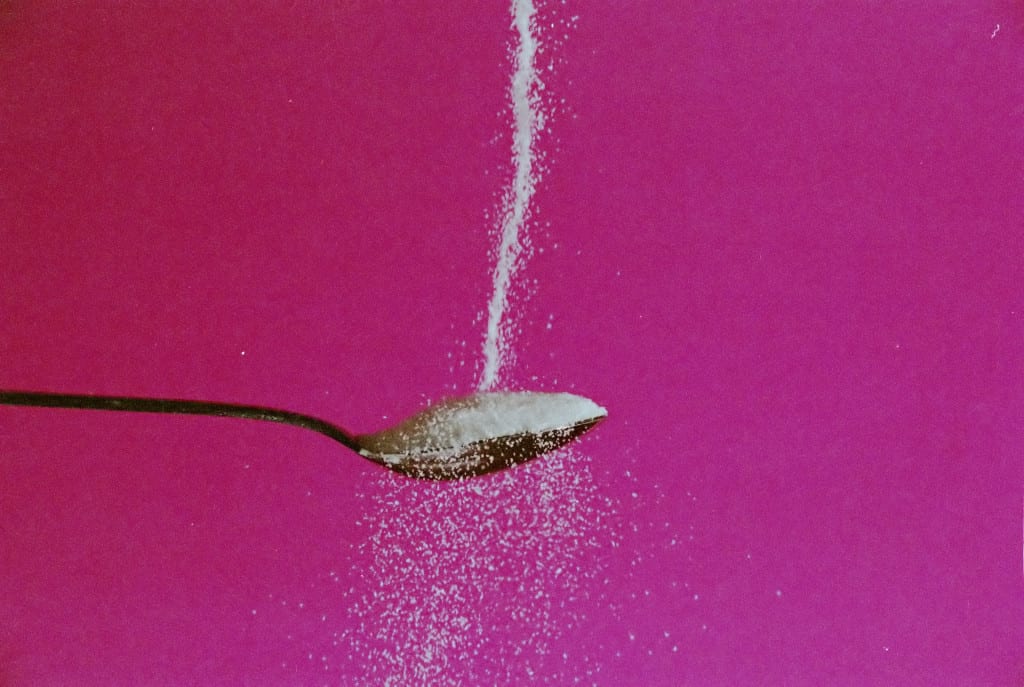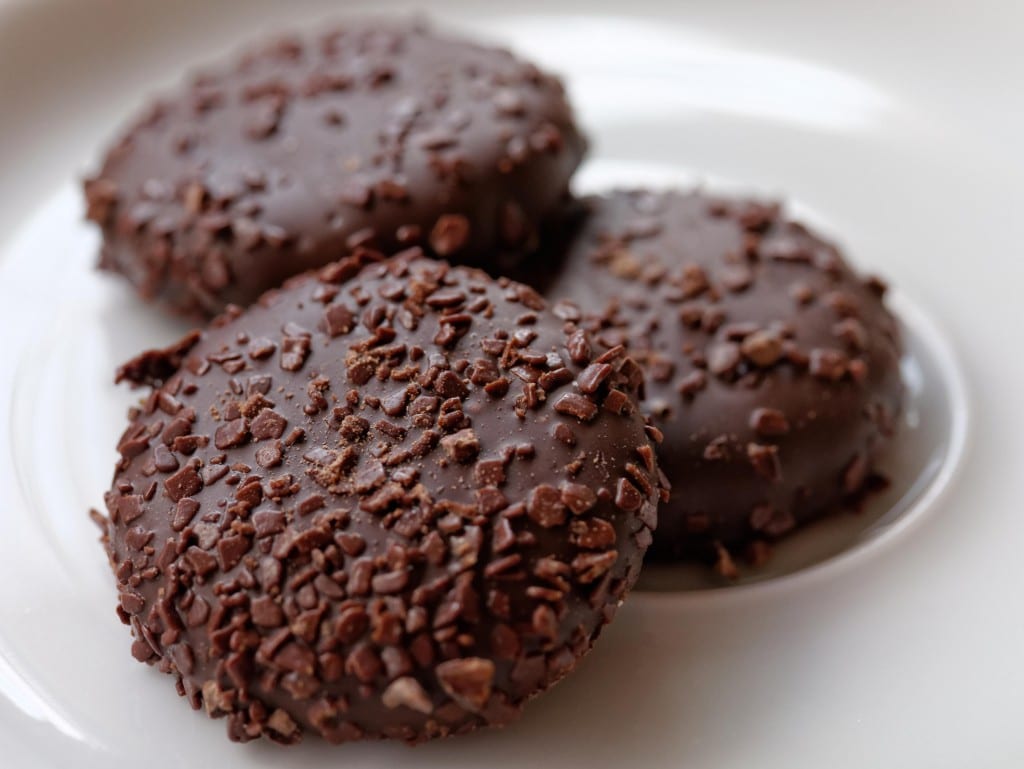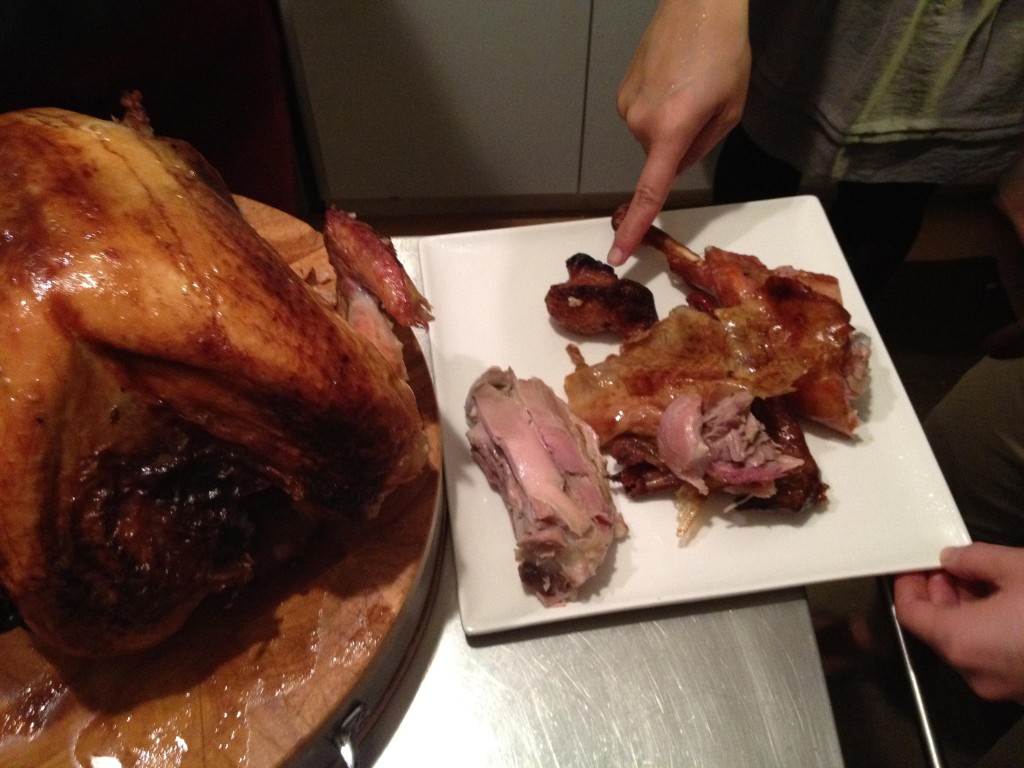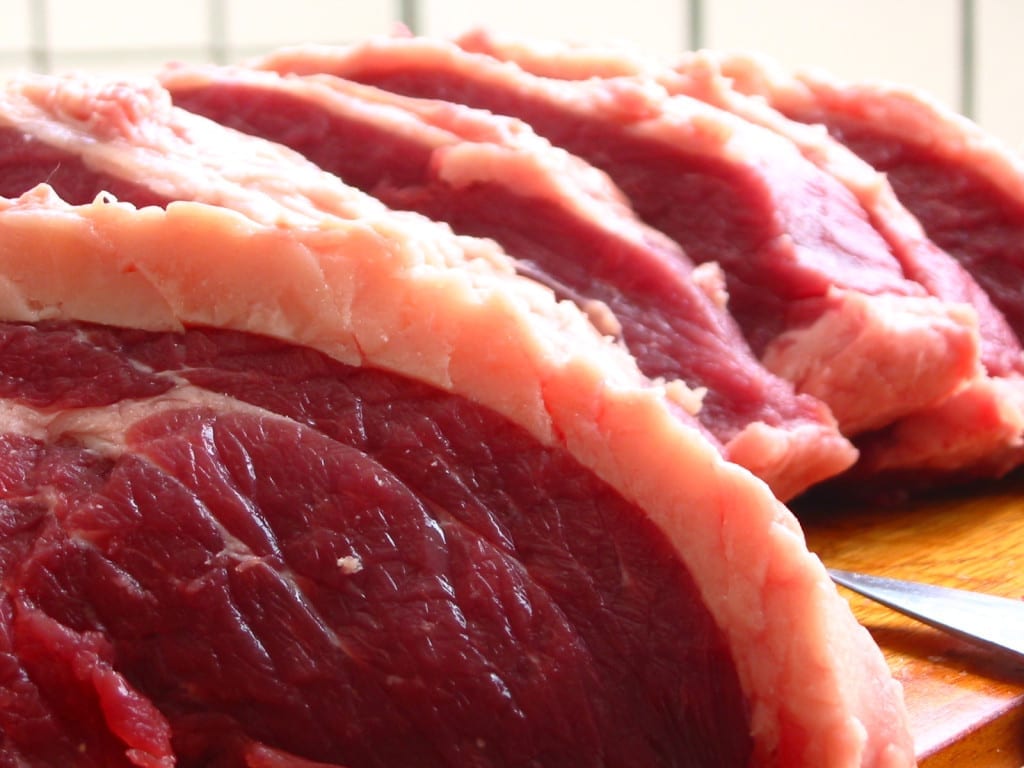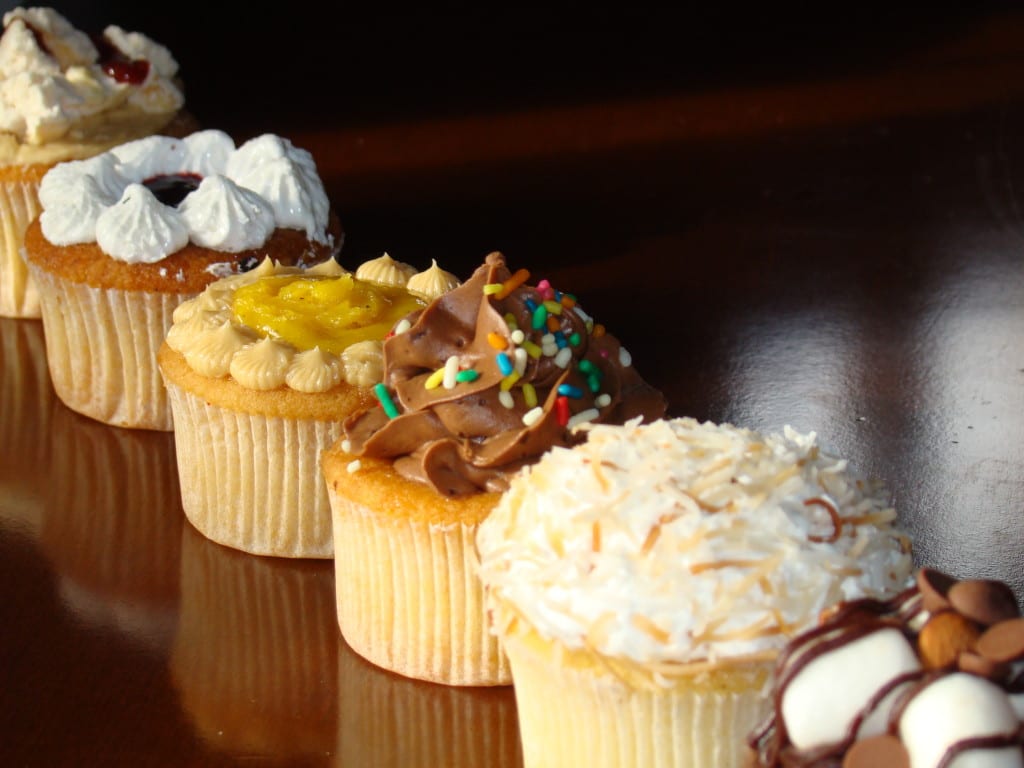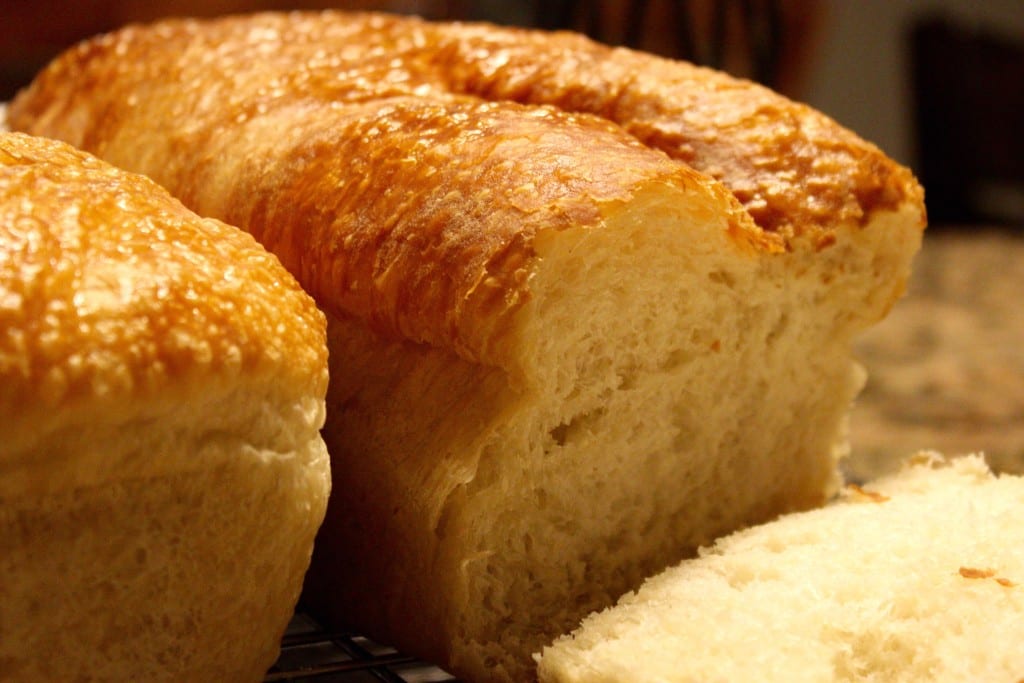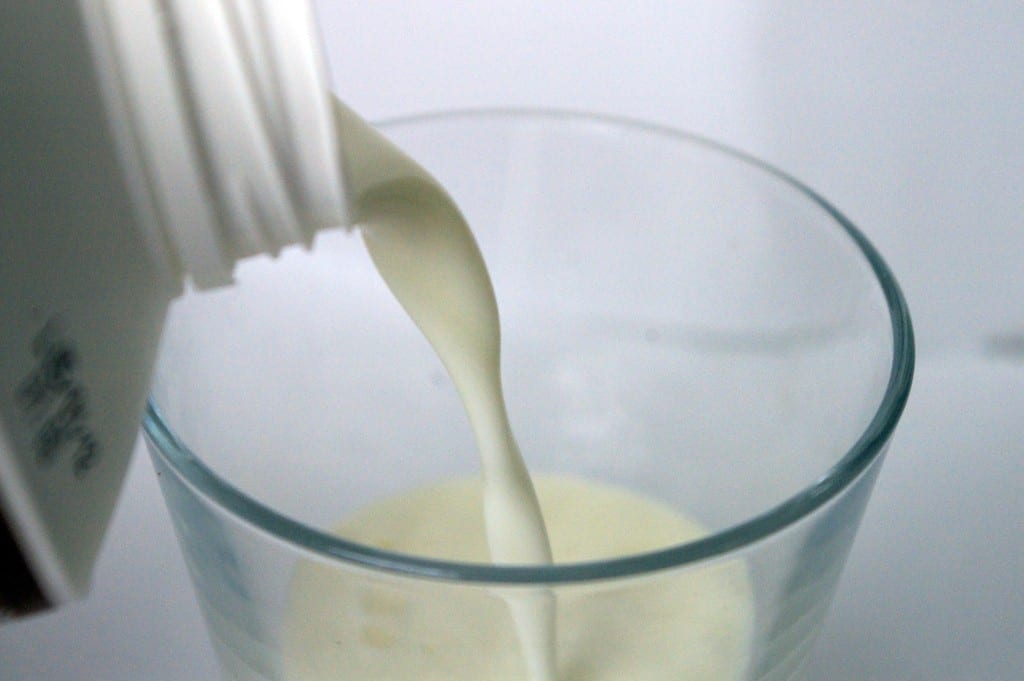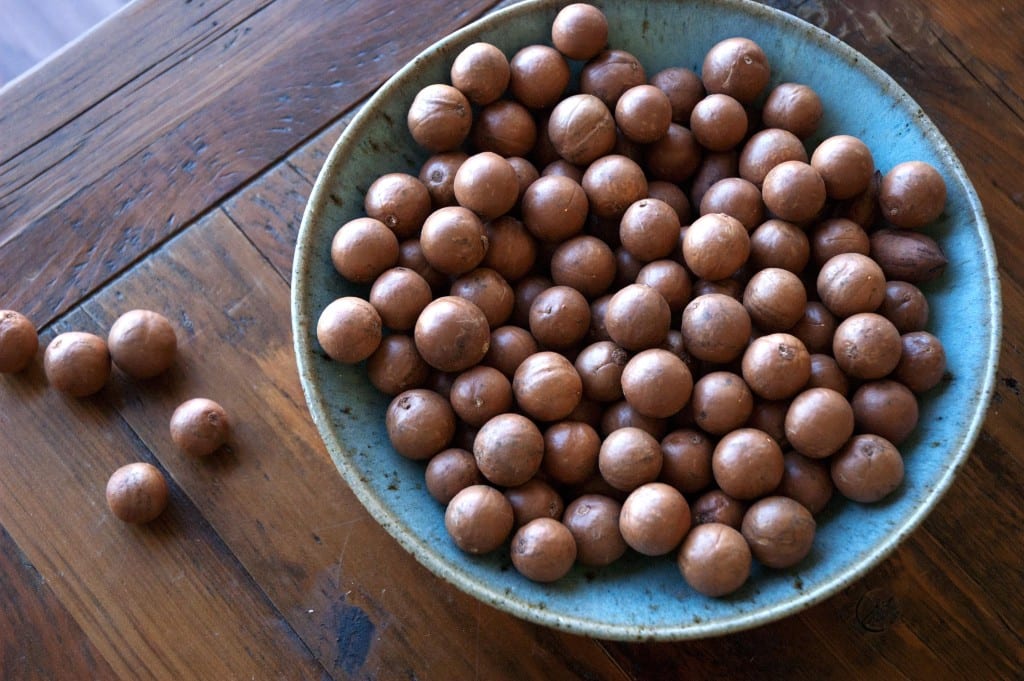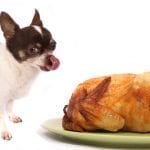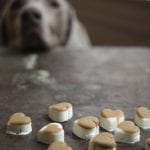We know how tempting it can be to feed your puppy from the table, especially after a few helpings of turkey and mashed potatoes, some slices of pie and a glass of merlot have you feeling extra generous. There are, however, some foods that are unquestionably off limits to your beloved furry friend.
Below are 10 foods to avoid this Thanksgiving when slipping goodies off the table and into the mouth of the eagerly awaiting family hound. If you are hosting the holiday festivities this year, be sure to inform your guests of these restrictions as well.
-
Onions, garlic, leeks and scallions contain sulfoxides and disulfides that should not be ingested by your pooch. These flavor-enhancing items can damage red blood cells and lead to toxic anemia.
-
Grape and raisin toxicity is marked by acute kidney failure with a lack of urine production. The exact substance that causes the reaction is not yet known, but even small amounts can prove to be fatally toxic for a dog.
-
Many artificial sweeteners contain xylitol – a product found in products like gum, candy, mints, toothpaste and mouthwash. Xylitol can cause hypoglycemia and liver damage and is extremely harmful to dogs.
-
Chocolate – not even the baking kind. Chocolate contains caffeine, theobromine or theophylline, which can cause vomiting and diarrhea in dogs. It can also be toxic to the heart and nervous systems.
-
Turkey, yes. Turkey with any bones, no. Turkey bones can cause obstruction or laceration of the digestive system. Make sure ALL of the bones are removed from a piece of meeting before handing it over to the pup.
-
The white sections around your selected helping of primo turkey should go straight to the trash. Fat trimmings from various meats can cause pancreatitis when consumed.
-
Much like their human counterparts, canines are susceptible to diabetes if they are consuming sugary foods. Take care to feed your animal in a health-conscious manner to extend their lifespan.
-
Yeast from dinner rolls and other breads at your Thanksgiving meal can expand and produce gas in the digestive system, causing pain and possible rupture of the stomach or intestines. Severe gas is also a common side effect.
-
Milk and other dairy products should be avoided – that includes yogurt, cream, many desserts, buttermilk, cheeses, etc. Adult dogs may develop diarrhea if given dairy in large amounts.
-
Ingestion of macadamia nuts by dogs has been associated with a nonfatal syndrome characterized by vomiting, ataxia, weakness and hyperthermia. The nuts contain an unknown toxin, which can affect the digestive and nervous systems and muscle.
If you are looking for a pet boarding facility that works to make sure your dog feels safe and is comfortable, we invite you to come visit the ranch. Book today – we know you’ll be back!
SOURCES
http://www.petmd.com/dog/slideshows/seasonal/top-ten-tips-for-feeding-pets-thanksgiving-leftovers
http://www.peteducation.com/article.cfm?c=2+1659&aid=1030
http://www.petmd.com/dog/emergency/digestive/e_dg_grape_raisin_toxicity
http://www.vetstreet.com/care/human-foods-that-are-dangerous-for-dogs-and-cats
http://www.merckvetmanual.com/mvm/toxicology/food_hazards/macadamia_nuts.html


